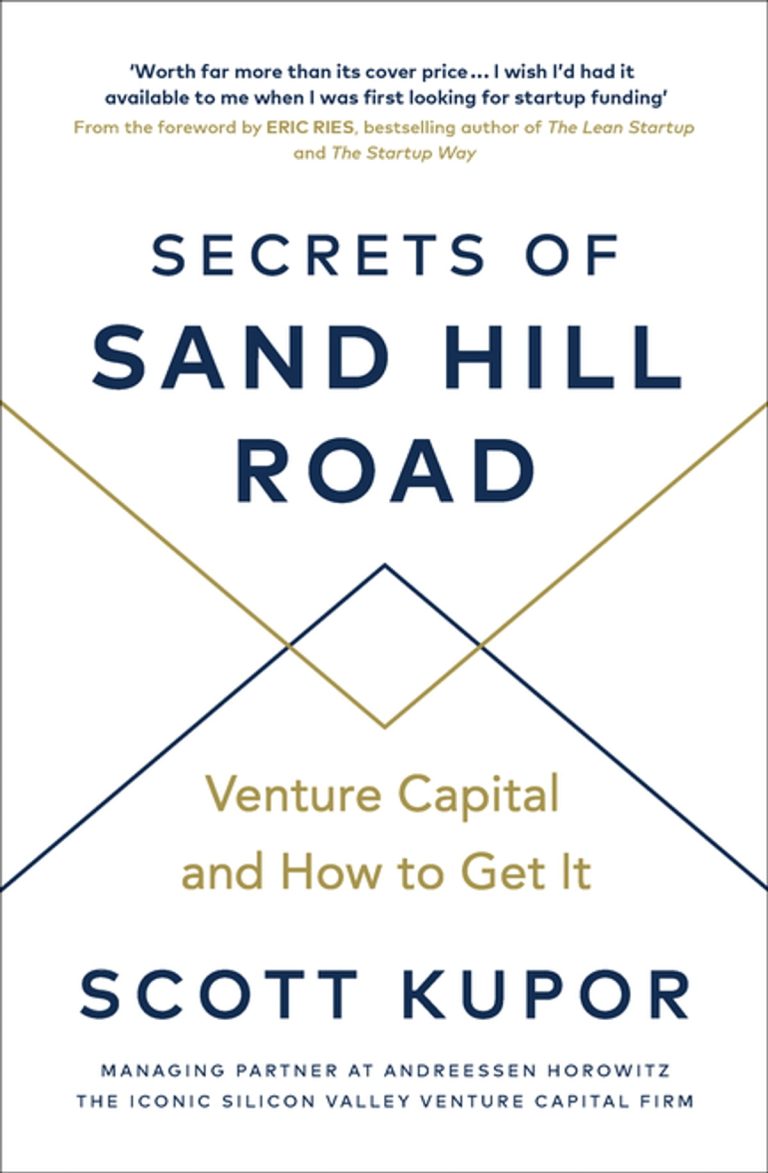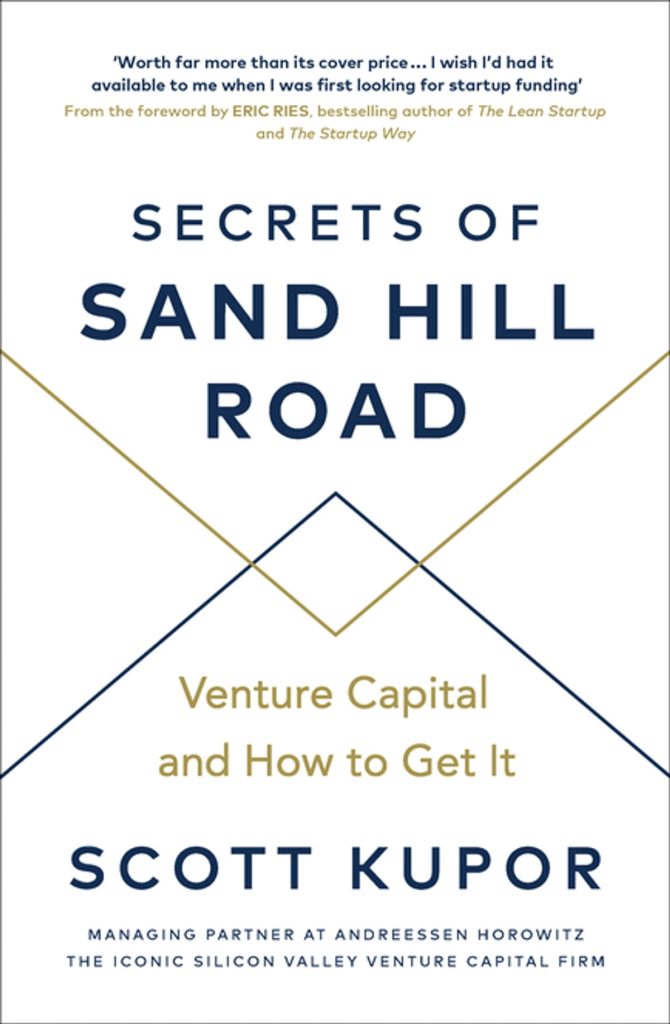
For me it was extremely fascinating to understand the finance, to understand the investment, and to also understand the dynamics behind why some certain startups become successful with VC money and others don’t.
Hi, it’s Ahmed back from the mountaintop on another hike. I’ve been doing this everyday, which is a blessing at the time of coronavirus especially with the resurgence now things have started shutting down again unfortunately. One of the things that’s been really interesting and that’s on my mind recently is a venture capital. I’ve been looking at doing some investment myself and I’ve been seeing that a lot of the seed deals have been accelerating, which has been an interesting phenomenon. There’s a lot of opportunity in times like now.
So I wanted to highlight a book that I think is particularly insightful to entrepreneurs. So this video, this book review is really focused on folks who really want to understand venture capital. As an engineer that’s one of the shortcomings that I had is I didn’t really understand venture capital. There was almost like this religious aspect to all of it like you go to Y Combinator and you watch videos and you think, this is how VC’s work this is how, VC’s think and instead the best thing to do is actually just read a book by a VC. So the book today is The Secrets of Sand Hill Road by Scott Kupor and Eric Ries.
Scott Kupor is a fellow Los Gatos resident, an amazing guy with long history in the Bay Area. A long history as a venture capitalist and in startups, and he breaks it down in a really really nice way or they break it down in a really nice way. It’s really important to understand venture math, it’s important to understand how investors think and how they look at the world right? Because if you understand the math behind it and you happen to be an engineer like me who’s becoming an entrepreneur, who’s been an entrepreneur it’s nice to understand when you’re talking to an investor on the other side what’s important to them. And also to understand if what you’re selling or what you’re building really fits that model because not all companies fit the venture model. I bootstrap my first company and it didn’t fit the venture model. And you don’t have to go the venture capital route to become wealthy to be, you know. to do okay in your life.
So if you’re building something that should blitzscale then you really should find out about how VC’s think and what a seed investor looks for, what kind of risk profile they have. One of the things that was a revelation to me personally was understanding the struggles of VCs. You could think of it as a first world problem but imagine you have like two hundred million dollars, you as a VC you have to give it back meaning you have to invest it, you have to grow it, and then you have to give it back to your investors. And if you don’t give your investors more money back than you took in or significantly more than they could have made by investing it in the stock market they’re not gonna give you money again, you’re going to be a one-time VC. So there are many things that work for VCs similar to how it works for founders in a startup except like for a startup founder failure isn’t as big of a deal as if you’re a VC, even if you’re a seasoned to VC if you know one really bad fund can kill you. So a VC who’s just announced that they raised a billion dollars means they have to give a billion dollars to startup founders who then have to provide outsized returns on that billion dollar.
So let’s go back to the VC math, one hundred million dollars right? Let’s say the VC investor bought like a million bucks in each company so how long it would take to just give away a hundred million dollars in a year? And if you’re still sitting on that money and you haven’t invested it and you in a fast enough time period that money is not doing anything it’s not gonna grow and you’re not gonna get investment. So it’s kind of a double-edged sword.
So a lot of times people wonder why do VCs move the way they do, why do they make decisions the way they do, why is the networks so important. Well it’s important as soon as you understand the math. They’re gonna get you introduced to a VC and through their network, basically that’s you make sure that they’re not like throwing that money away well. VCs with a large fund won’t do a year’s worth of due diligence before they invest in you either.
Of course as the rounds become bigger and at later stages the math works differently and Scott Kupor does a great job explaining the entire lifecycle and explaining how startups work, the ups and the downs. It can be a little bit dry if you’re not an entrepreneur, if you don’t really care about venture capital but if you do I highly recommend this book. It’ll also tell you about where VC’s get their money and it’s just fascinating.
For me it was extremely fascinating to understand the finance, to understand the investment, and to also understand the dynamics behind why some certain startups become successful with VC money and others don’t. So if you’re looking for a good read I highly recommend The Secrets of Sand Hill Road by Scott Kupor.



